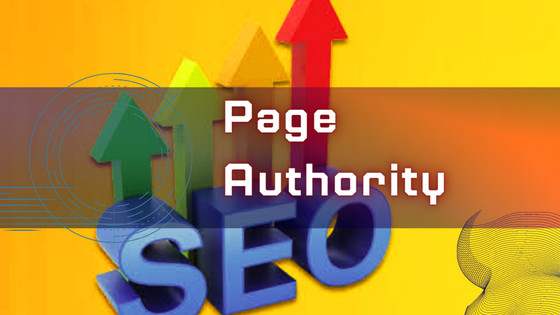The term “Page Authority” has become a crucial factor in determining a website’s digital presence. But what exactly is Page Authority and why should businesses and website owners care about it?
Page Authority, a metric developed by Moz, is a score (ranging from 0 to 100) that predicts how well a specific webpage will rank on search engine result pages (SERPs). The higher the score, the more likely the page is to rank higher in search results. It’s important to note that Page Authority is page-specific, meaning it focuses on the strength of individual pages rather than an entire domain.
How Is Page Authority Calculated?
Several factors contribute to a webpage’s Page Authority. Some key elements include:
Link Profile: The number and quality of backlinks pointing to a webpage play a significant role in determining its authority. High-quality, relevant, and diverse backlinks signal to search engines that the content is valuable and worth ranking.
Social Signals: Shares, likes, and comments on social media platforms can also impact a page’s authority. Engaging content that resonates with users and generates social buzz can improve the score.
Content Quality: High-quality, informative, and engaging content is essential. Pages that provide valuable insights, address user queries effectively, and exhibit expertise in their respective niches are more likely to gain a higher authority.
On-Page Optimization: Proper use of keywords, meta tags, and header tags, along with mobile-friendliness and fast loading times, can boost a page’s authority. A well-optimized page is easier for search engines to index and rank.

How To Improve Page Authority?
Improving Page Authority should be a priority for businesses and website owners looking to enhance their online presence. While it’s not a direct ranking factor used by search engines like Google, a higher Page Authority score typically correlates with better SERP rankings.
“To boost Page Authority, focus on enhancing your link profile by acquiring high-quality backlinks, creating shareable content, and optimizing your pages for search engines.” – Citation: matt-jackson.com PA – Page Authority
Remember, improving Page Authority is an ongoing process that requires consistent effort, but the payoff – a higher ranking and increased online visibility, is well worth the investment.
Conclusion
To summarize, Page Authority is a measure of how well a page can rank in search results. It’s calculated by looking at both the number and quality of links to a web page as well as its length, title tag, headings and other on-page factors. A higher Page Authority score correlates with better SERP rankings but it’s not directly used by search engines like Google.